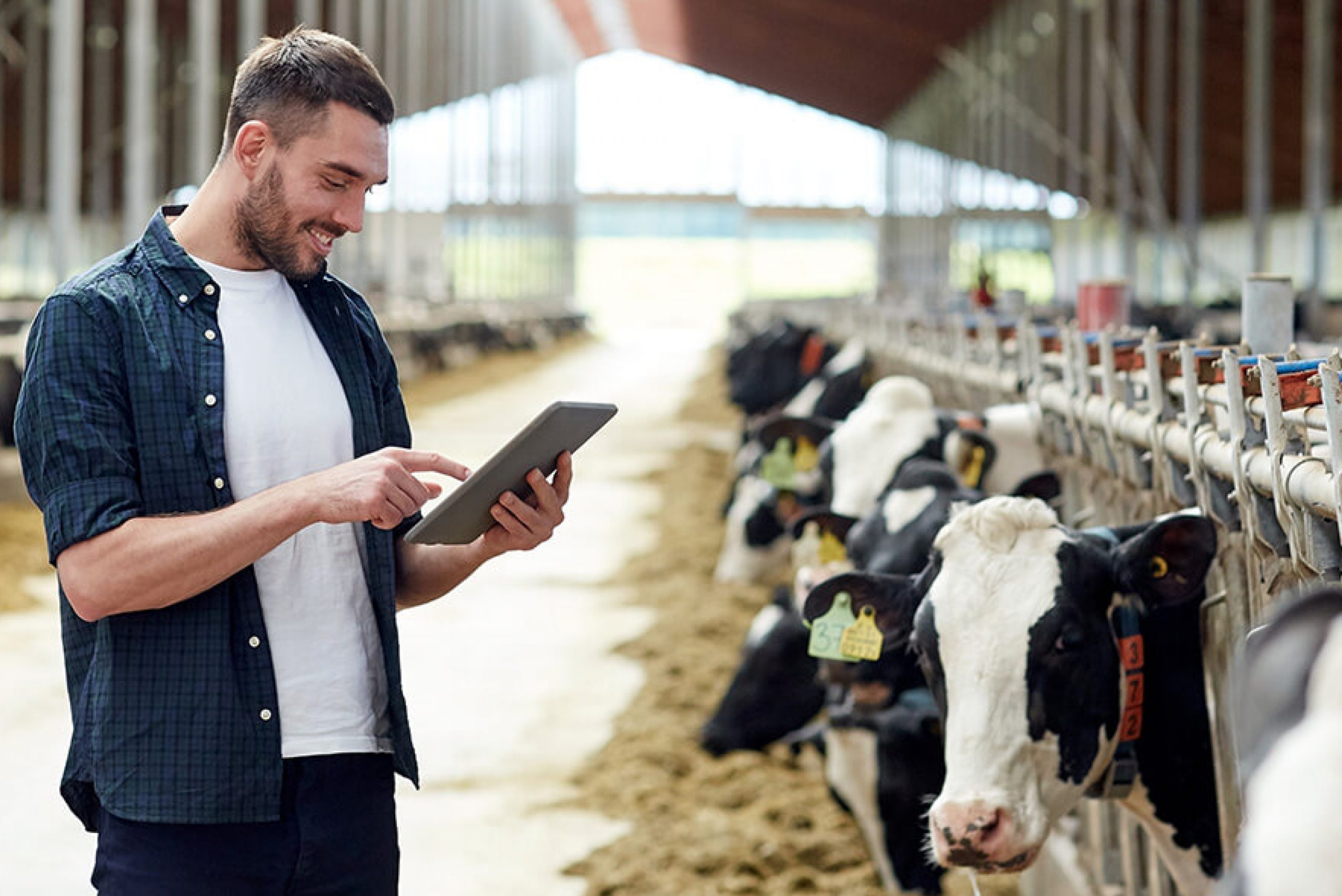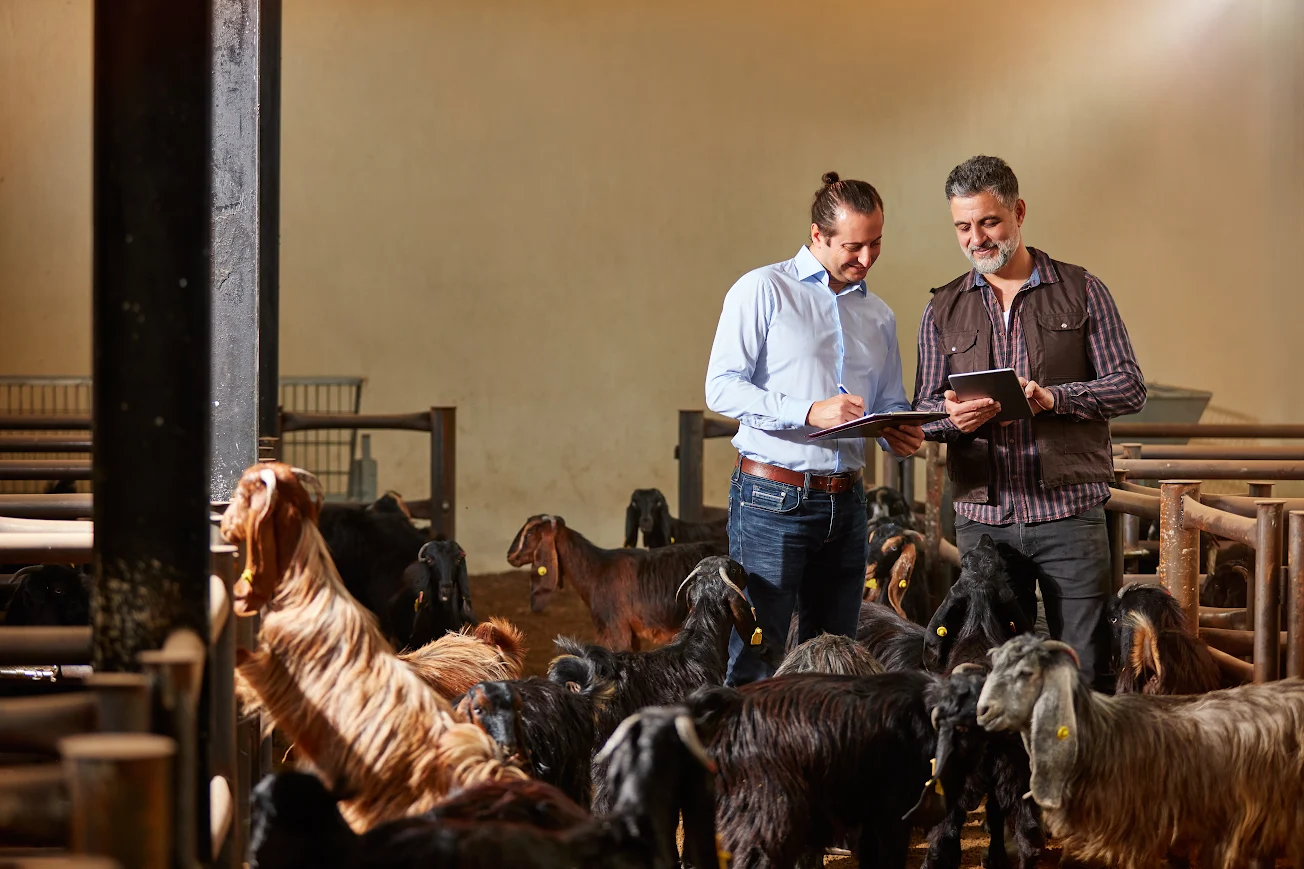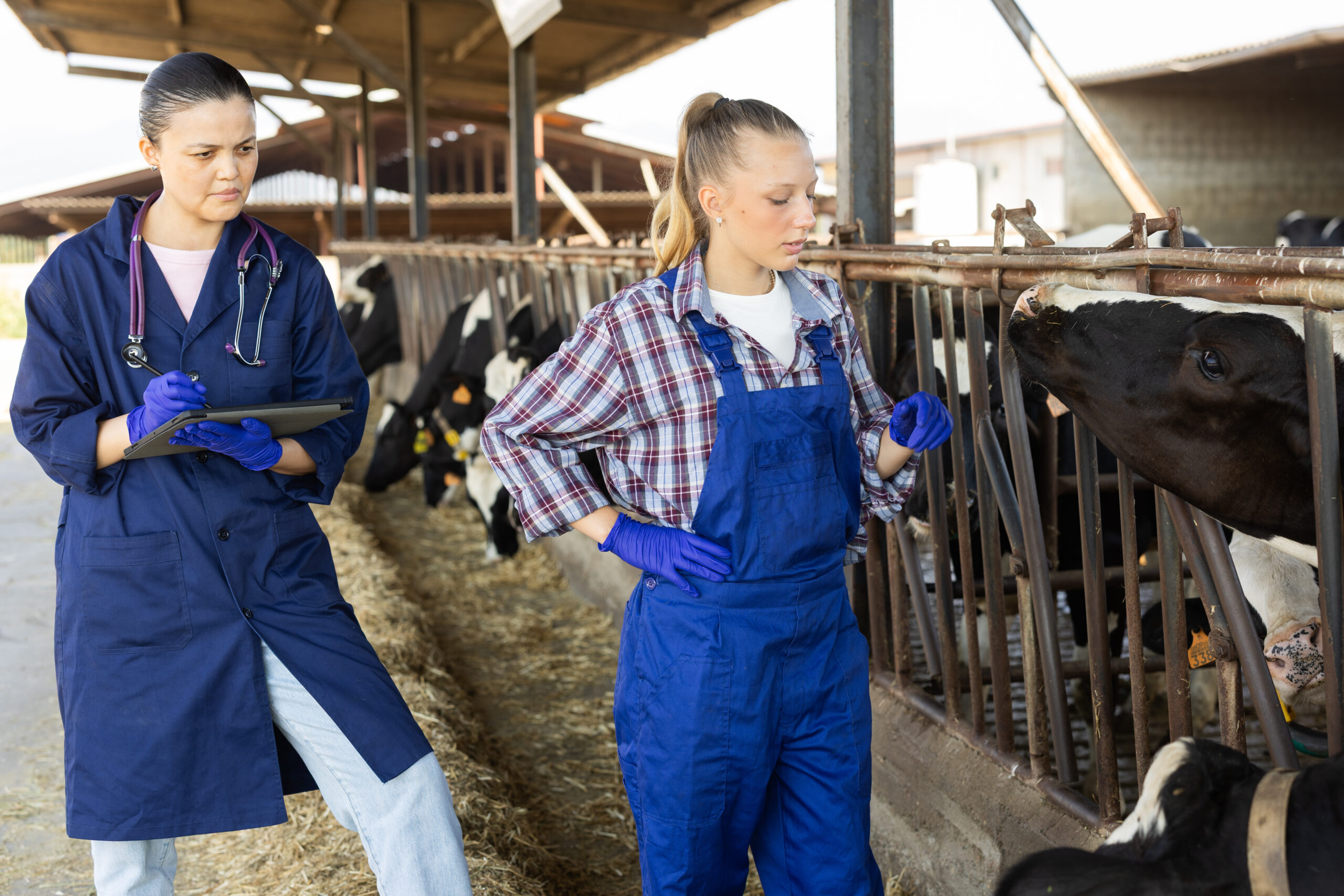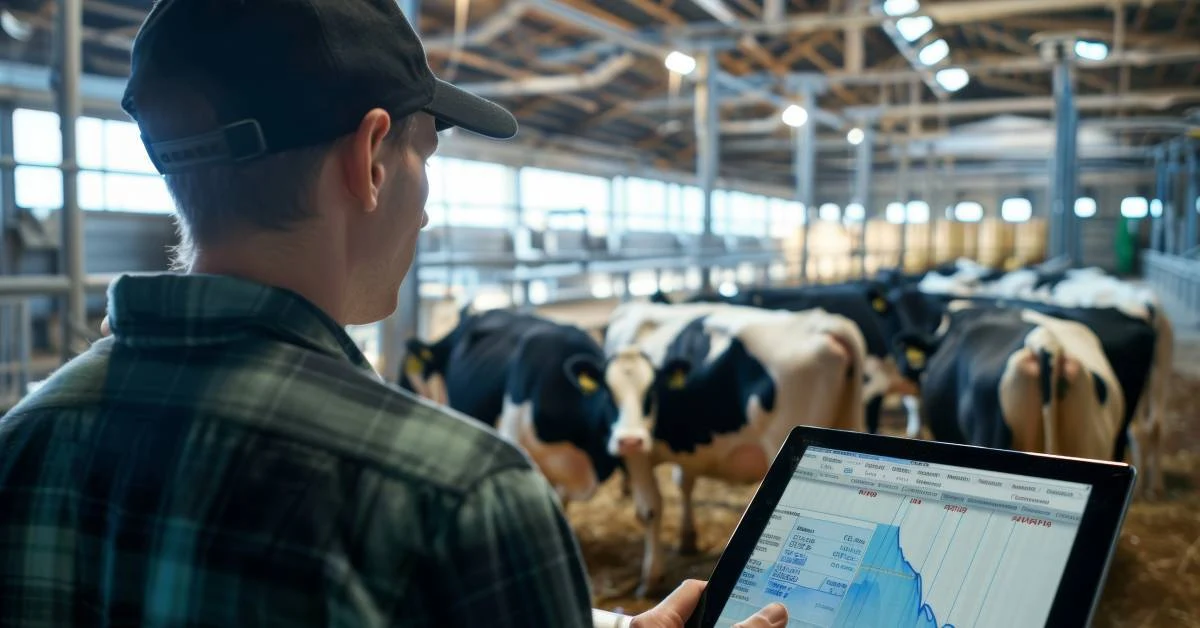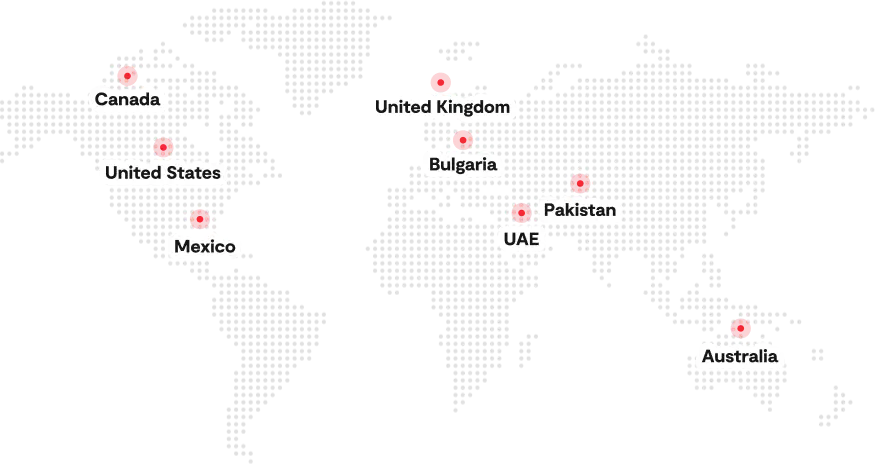Effective cattle record keeping is a lifesaver for ranchers; it helps them manage their livestock records and ensure the success of their operations. Detailed cattle record keeping allows ranchers to track health records, vaccination history, production data, breeding details, and cattle pedigree records.
This data also enables them to make informed decisions about their operations, predict expected yields and costs, and improve their business. Good cattle record-keeping can also make it easier for ranchers to obtain financing, apply for grants, and complete tax returns.
Importance of Record Keeping in Cattle
Cattle record keeping is essential for the management of cattle operations efficiently. A rancher can keep animal health records and other cattle records including, tracking breeding and calving history, optimizing feeding and vaccination schedules, and complying with regulations. If a farmer manages to keep excellent cattle breeding records, it enhances the overall productivity and profitability of the business.
Key Cattle Records to Keep
A Cattle records book holds the following records
- Ranch tasks and activities performed
- Pasture management and health records
- Rainfall records
- Pasture planting records
- Soil test results
- Pasture amendment and treatment records
- Pasture fertilizer records
- Pasture harvest records for hay production
- Pest inspection records
- Pasture treatments records
- Grazing records
- Individual animal records
- Animal identification details
- Individual animal measurements
- Cow breeding history
- Cow calving and production history
- Animal Pedigree and Genealogy
- Herd Breeding and A.I. Records
- Pregnancy check and pregnancy status tracking
- Tracking herd feeding details
- Herd feed supplements
- Feed costs and receipts
- Herd measurement records
- Herd vaccination/treatment record
- Tracking year-over-year livestock inventory
- Detailed financial records
- Sales, receipts and income records, including cattle sales and other income
- Production costs and other expenses.
How to Keep Your Cattle Records
There are several methods of cattle record keeping, including
- Using a paper file for each animal in your herd
- Custom computer free printable cattle record-keeping spreadsheets
- A pre-built cattle log book
- Farm management software applications.
Some farmers may prefer portable notebooks for fieldwork, others might opt for online mobile or web applications for keeping their cattle records. Farm record-keeping software simplifies data capture for cattle breeding records, provides automated reporting to ease compliance and decision-making, and keeps cattle records safe and secure.
Cattle records book or farm management software can streamline the process, reduce errors, and improve overall efficiency in cattle management.
Streamlining Your Cattle Record-Keeping with Cattlytics
Streamlining cattle record-keeping is a brilliant way of making farm management more fruitful. Cattlytics is a livestock management software that offers a variety of features for keeping records.
Here’s how Folio3’s Cattlytics app can help:
- Customizable templates for recording herd and individual animal data.
- Integration with wearable technology to automate data collection.
- Automated reports and analytics to help you make informed decisions.
- Secure data storage and backup to eliminate the risk of losing records.
- Comprehensive financial tracking to monitor production costs, expenses, and income.
Conclusion
Productive cattle record keeping through a cattle record book or farm management software is a blessing for a lifetime for ranchers to manage their everyday livestock records. It enables them to make informed decisions and comply with regulations as well. Cattlytics can streamline the process, reduce errors and improve overall efficiency.

